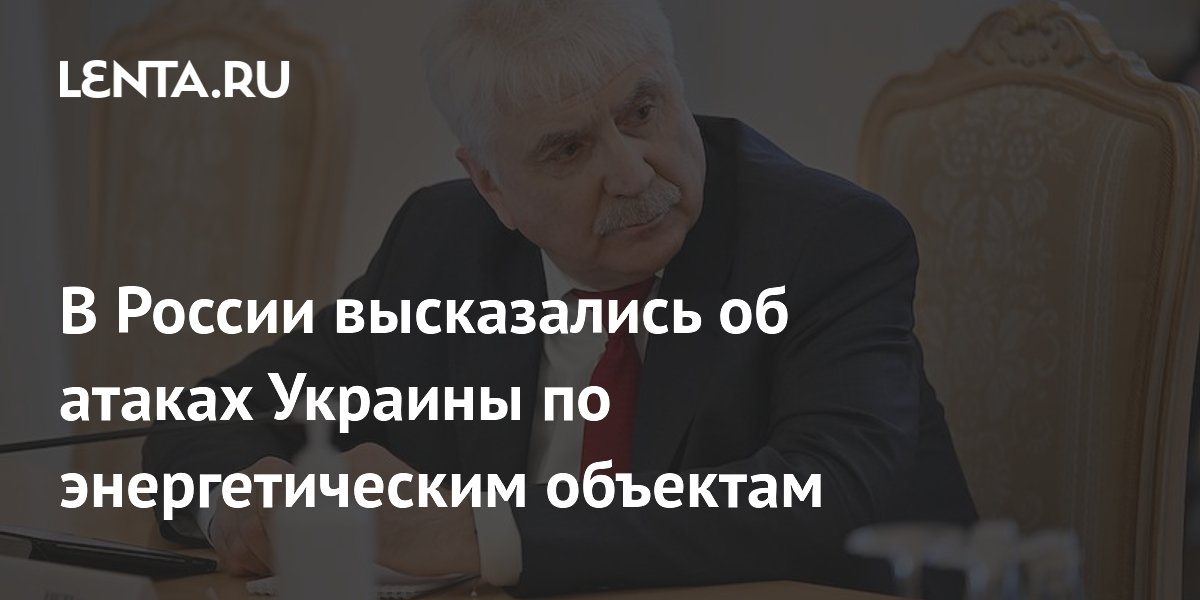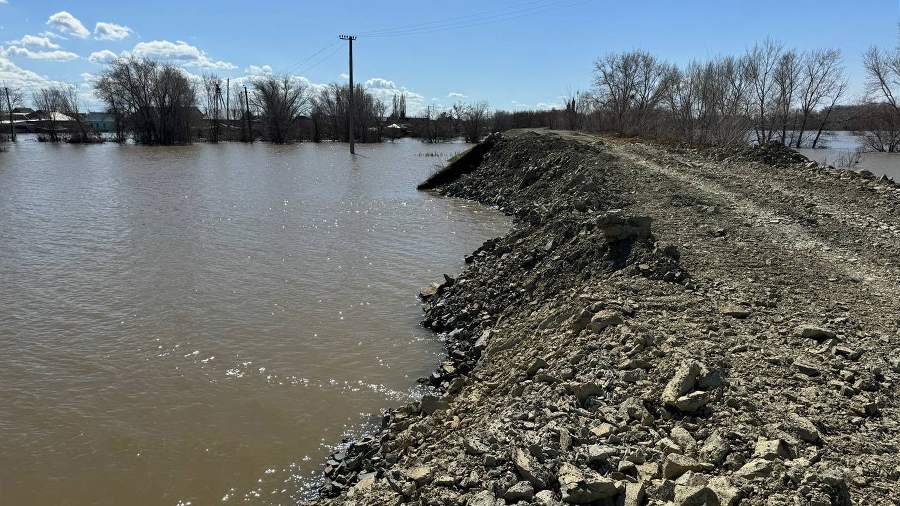Teboil, which avoids the word war, acts in accordance with the guidelines of its parent company due to financial interests, says senior researcher Jussi Lassila from the Foreign Policy Institute.
Russian The Finnish service station chain Teboil, owned by the oil company Lukoil, has found itself in a difficult position due to its owner. Following Russia’s invasion of Ukraine, the West has taken exceptionally strong action against Russia and its economy. Private entrepreneurs operate Teboil ‘s service stations in Finland, which have widespread boycott.
This week, the communication of the Finnish chain has also attracted attention. Newspaper Kaleva said on Monday that Teboil’s communications director Toni Flyckt had asked the reporter to remove the word war from the article about Teboil and replace it with the word conflict.
The words “war” and “attack” are in place in Russia because of the censorship of war. The war launched by Russia in Ukraine is, according to the Kremlin, a “special military operation”.
With the passage of a law passed by the upper house of the Russian parliament, the Federal Council, spreading “false news” from the Russian army and supporting sanctions on Russia became a crime from March 4th. The law quickly entered into force for the Russian leader Vladimir Putin with a signature.
Now, spreading “false news” can result in fines or even 15 years in prison. Supporting sanctions against Russia could result in a fine. With the law on foreigners, too, it is very difficult, if not impossible, for Russia to tell or talk about the war in Ukraine other than as dictated by the Kremlin.
Helsingin sanomat newspaper has repatriated his correspondent From Russia for the time being to ensure the safety of suppliers during the new censorship law.
Senior researcher at the Foreign Policy Institute Jussi Lassila says Russia’s military censorship is already approaching that it has led the Soviet Union Joseph Stalin the strictest laws restricting freedom of expression.
“In its strongest form, it is an attempt to completely deny certain things or words and obscure reality. Criticism of Russia or the country’s administration will be prevented, ”says Lassila.
Last during the week Finnish media reported that the oil company Lukoil was demanding “Stopping the war in Ukraine”.
Teboil also published Lukoil in English bulletin on their own websites “Lukoil, the owner of Teboil, has expressed a strong statement about the situation in Ukraine and calls for an immediate end to the armed conflict.”
Again, the words “war” and “attack” shine in their absence.
Lukoil can be interpreted as demanding an end to the war, even if those words are not used. The bulletin was published the day before the war censorship ended, but it is descriptive that it does not target anyone or even mention Russia.
“It’s critical criticism. It is quite obvious that there is hidden criticism of the actions of the administration, but it cannot yet be considered a violation of the new law. This is a policy of fear that a single wrong word can lead to criminal liability, ”says Lassila.
According to Lassila, the Russians also know how to read between the lines.
“Such Orwellian censorship in all its naivety has never worked in Russia. The Russians have a trained and exceptional ability to read irony and satire. If the goal is to really consolidate and expand the awareness that there is no war, it will not succeed, ”says Lassila.
Russia, however repeat to its citizens their own truth about the events of the spread of war propaganda through the harnessed media. Director of the Levada Independent Research Center, sociologist Denis Volkov said In an interview with HS, that in Russia common opinion is clearly on the “special mission” side, but the perception of it is inadequate and incomplete.
It is difficult to assess the real opinion of the Russian people. Tighter censorship and the threat of punishment prevent people from speaking openly and increase suspicion.
Lassila estimates that Teboil’s communications comply with the Group’s internal guidelines.
“Teboil is completely on the umbilical cord of its parent company,” Lassila estimates.
On the other hand, Lassila does not believe that the use of the word war would pose any danger to Teboil’s employees, but is based on financial interests.
On the other hand, Teboil’s situation can be compared to some extent with any local subsidiary of the giant. For example, the communications line for U.S. technology giants has traditionally been scarce.
Teboilin Toni Flyckt, Director of Marketing and Communications, is not busy answering HS questions over the phone. HS has not yet received an answer to the questions sent by e-mail.
Flyckt has told Kaleva that Teboil has outlined that the company will not take a position politically.
The press release published by Lukoil on March 3, 2022 says the following in free translation:
Dear Lukoil shareholders, employees and customers,
The Lukoil government expresses its deepest concern at the tragic events in Ukraine. We call for an end to the armed conflict as soon as possible and express our sincere empathy to the victims affected by this tragedy. We strongly support a permanent ceasefire and problem-solving through negotiations and diplomacy.
The Company will make every effort to continue its operations in all countries and territories in which it currently operates. The company is committed to its primary mission to be a reliable energy supplier to consumers around the world.
In all its activities, Lukoil strives to contribute to the promotion of peace and international and humanitarian relations.
I locked the government.
#Censorship #Oil #giant #Lukoil #hopes #Russias #military #operations #Ukraine #strict #censorship #prevents #Teboil #completely #umbilical #cord #parent #company #researcher






